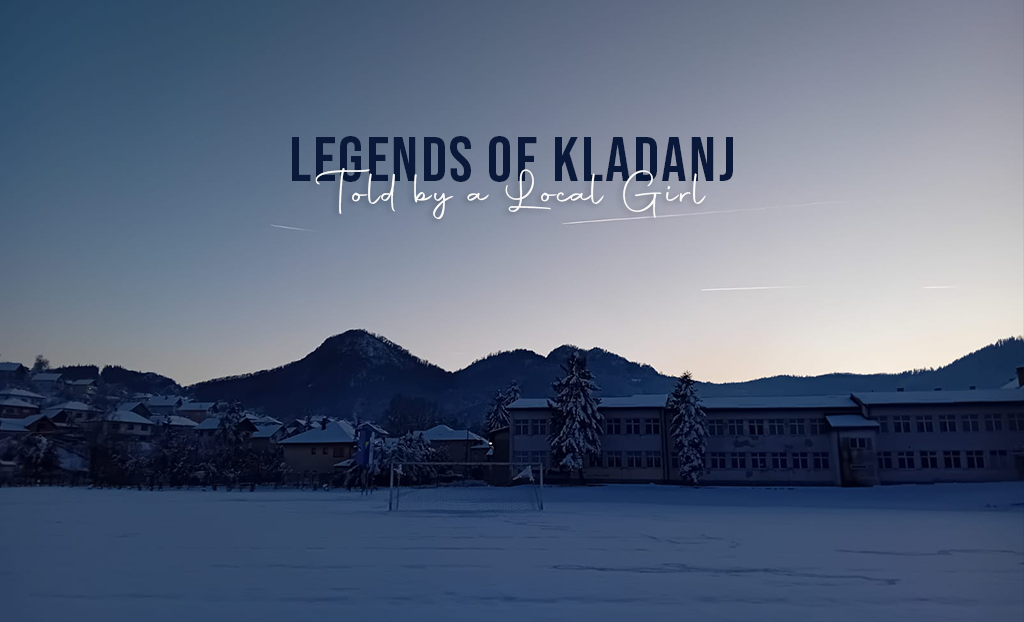Ah, Kladanj, a quiet Bosnian heartland where mountains breathe their ancient wisdom and forests hum in verses older than memory.
It may not be as vast or as loud as the great cities, but it has something they’ve long forgotten, soul.
For those who left Bosnia long ago, those whose hearts now echo between time zones and continents, Kladanj is not just a place. It’s a feeling. A whisper of childhood summers, the smell of wet pine after the rain, the taste of spring water from a mountain stream.
You think Kladanj is boring? Hm. Let me share a few stories that travel even farther than the diaspora itself, stories carried in suitcases, dreams, and family calls over weak Wi-Fi signals.
Let’s begin with the Maiden’s Cave, the oldest tale still retold by grandmothers who refuse to let silence win.
A young woman once sought to prove her courage by entering the cave at night, her heart echoing against the dripping stone. The villagers warned her, but pride can make even fear seem like a challenge. Inside, in the blackness, something tugged at her dress, a faint pull that grew into terror. Her screams filled the cave, and by dawn she was found dead, her eyes open in fright.
The truth? Her dress had caught on a rock. She was never in danger, except from her own fear.
It’s a story about courage, but also about what happens when we stop listening, to the warnings of others, to the wisdom of the land.
Many who left Kladanj still carry that lesson, that sometimes, what we fear most is only a shadow we create ourselves.
Now, if you travel just ten kilometers into the forested embrace of Konjuh, you’ll find Paučko Lake, the so-called “Mountain Eye.”
Its still surface reflects everything, the clouds, the trees, the memories of those who once sat there fishing before leaving for Germany, Sweden, or Switzerland. They say if you throw a stone into the lake and listen closely to the ripples, you can hear your own thoughts, or maybe the voices of those who miss home.
The lake is fed by cold mountain streams, its waters so pure that carp, trout, and even crayfish thrive in their quiet harmony. Around it, benches and paths wind through silence, the kind of silence that only people from busy cities truly crave when they come back for a week each summer, to remember how peace sounds.
And then there is Muška Voda, or Men’s Water, a place where legends drink from the same spring as love and loss.
They say a young man once fell in love with a girl from a rival family. Forbidden from being together, he wandered into the forest, desperate for strength. He drank from the mystical spring — said to grant courage to those pure of heart — and returned ready to face his destiny.
Was it the water that made him brave, or love itself?
No one knows. But his story reminds us of something all too familiar to the diaspora: the courage to chase love, the faith to leave, and the hope that someday, somehow, you’ll find your way back.
Perhaps he did. Perhaps love, like a river, always finds its source again.
So, dear reader, whether you’re in Kladanj or in Zurich, in Stockholm or Sarajevo, remember, these legends aren’t just old stories. They’re bridges. They connect the mountains that raised us with the cities that now hold us.
Kladanj is not boring. It’s quietly magical, and its whispers reach farther than any border.

